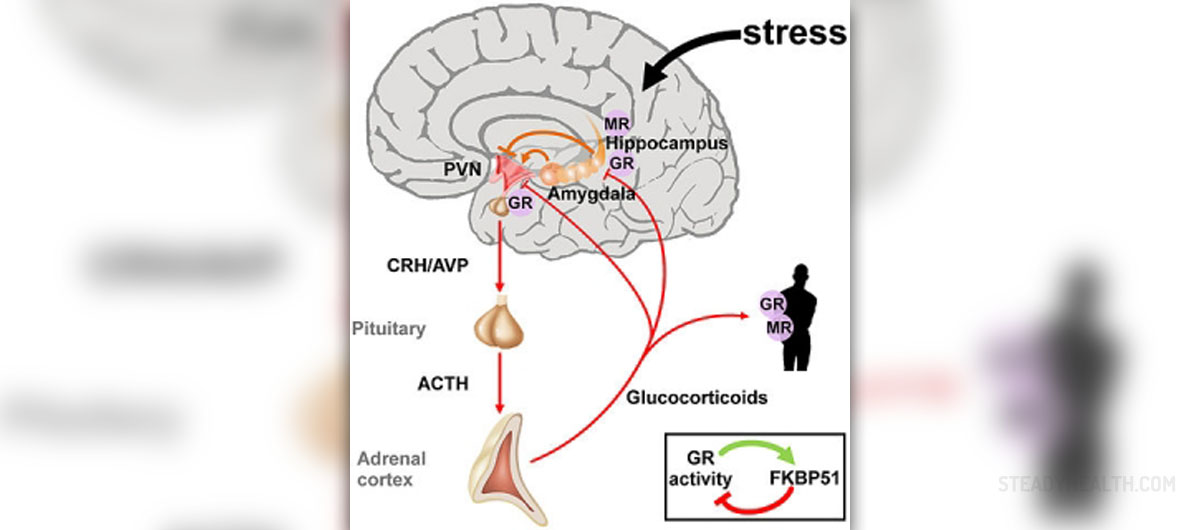
Factors that influence a reduction of cortisol levels:
Magnesium supplements Omega 3 fatty acids Music therapy Black tea Soy Vitamin C Message therapy LaughingThings that can increase cortisol levels in men and women:
Caffeine Sleep deprivation Intensive physical exercise Melatonin supplements Mental or emotional burnout Anorexia nervosa Commuting to work can cause stress which raises cortisol levels Severe trauma or injury Reduced serotonin levels StressWhen trying to conceive, if a couple is experiencing low and high cortisol levels symptoms, it can influence fertility. Several studies indicate that stress levels influences moods and increases cortisol levels in the blood, other studies have also highlighted stress can be directly related to infertility in men and women. Symptoms of a cortisol imbalance can cause a person to experience abdominal weight gain, loss of verbal acuity, insulin resistance and type II diabetes.
Managing stress plays a direct role in fertility as well because when certain hormones are not in proper balance it can influence other bodily functions such as ovulation and quality of eggs or sperm. When a couple has been trying to have a baby for more than a year, it may be time to seek the help of a fertility specialist in order to figure out why. For some couples trying to conceive, it can be directly related to a cortisol imbalance, which is correctable with medical attention and treatment. By following a few lifestyle adjustments and following the advice of a medical professional, a couple can manage the condition and overcome cortisol-related infertility.

















Your thoughts on this
Loading...